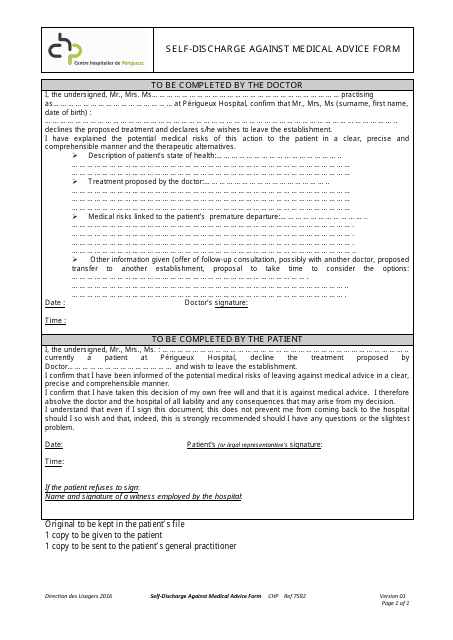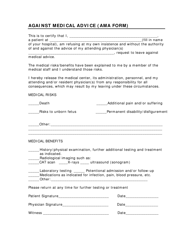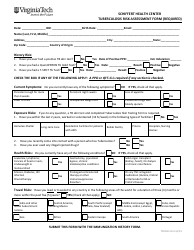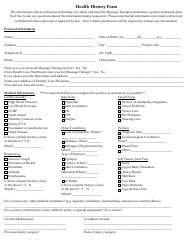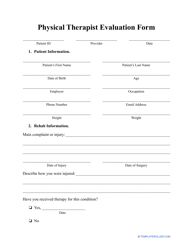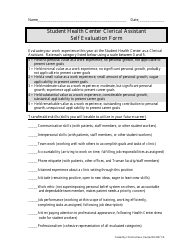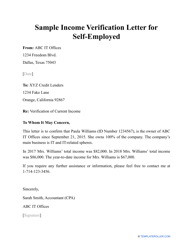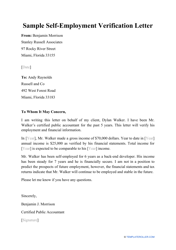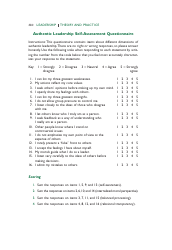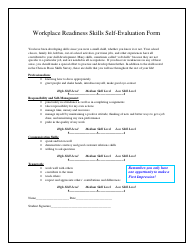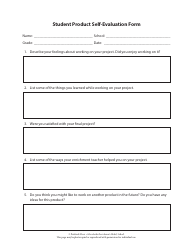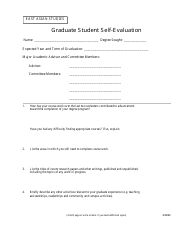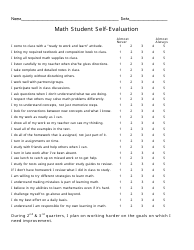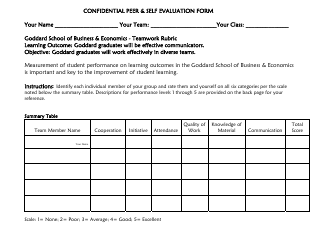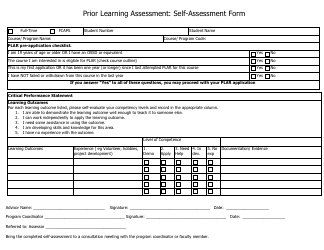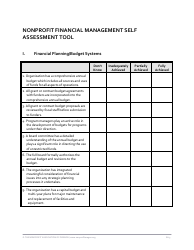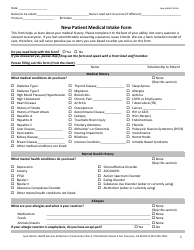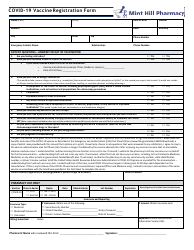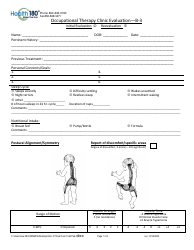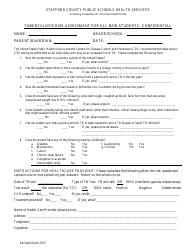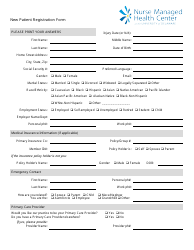Self-discharge Against Medical Advice Form - Centre Hospitalier Perigueux
The Self-discharge Against Medical Advice form at Centre Hospitalier Perigueux is used when a patient decides to leave the hospital against the advice of their medical professionals. This form ensures that the patient fully understands the potential risks and consequences of leaving the hospital prematurely. It also serves as a legal document to protect the hospital and medical staff from any liability in case of any adverse outcomes resulting from the patient's self-discharge.
FAQ
Q: What is a self-discharge against medical advice form?
A: A self-discharge against medical advice form is a document that allows a patient to leave a hospital or medical facility before their treatment is complete, despite the medical staff recommending otherwise.
Q: Why would someone choose to self-discharge against medical advice?
A: There can be various reasons why someone would choose to self-discharge against medical advice. Some common reasons include personal preference, disagreement with the recommended treatment plan, feeling well enough to leave, or financial or logistical constraints.
Q: Is signing a self-discharge against medical advice form legally binding?
A: Yes, signing a self-discharge against medical advice form is legally binding. By signing the form, the patient acknowledges that they are making an informed decision to leave against the medical staff's advice, and they assume all responsibility for any potential consequences.
Q: What are the potential risks of self-discharging against medical advice?
A: Self-discharging against medical advice can carry certain risks, including the possibility of worsened or incomplete treatment, increased chances of complications or relapses, and a higher likelihood of needing readmission or further medical intervention in the future.
Q: Can a patient be forced to stay in the hospital if they want to self-discharge?
A: In general, a patient cannot be forcibly detained in a hospital if they wish to self-discharge. However, medical staff may strongly advise against leaving and attempt to educate the patient about the potential risks involved.
Q: Does insurance cover treatment if a patient self-discharges against medical advice?
A: Insurance coverage for treatment when a patient self-discharges against medical advice can vary. It is advisable to consult with the insurance provider to understand the specific terms and conditions related to such situations.
Q: Can self-discharging against medical advice impact future medical care?
A: Yes, self-discharging against medical advice can potentially impact future medical care. It might affect the patient's relationship with healthcare providers or influence future treatment decisions based on the perceived reliability of the patient's adherence to medical recommendations.
Q: Are there alternative options for patients who are considering self-discharge?
A: Yes, there may be alternative options for patients who are considering self-discharge. It is recommended that such patients discuss their concerns and preferences with the medical staff to explore other potential solutions or compromises.
Q: What should a patient do if they are considering self-discharging against medical advice?
A: If a patient is considering self-discharging against medical advice, it is important for them to have an open and honest conversation with their healthcare providers. They should express their concerns, understand the risks involved, and explore alternative options if available.
Q: Is self-discharge against medical advice common?
A: Self-discharge against medical advice is not extremely common but may occur in certain situations. The frequency can vary depending on factors such as the patient population, medical conditions, and the hospital's policies and procedures.
